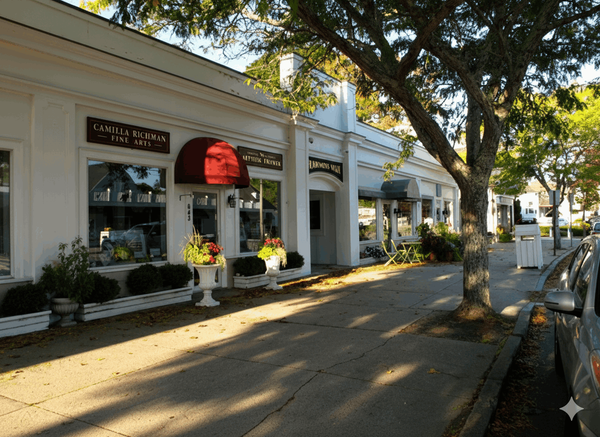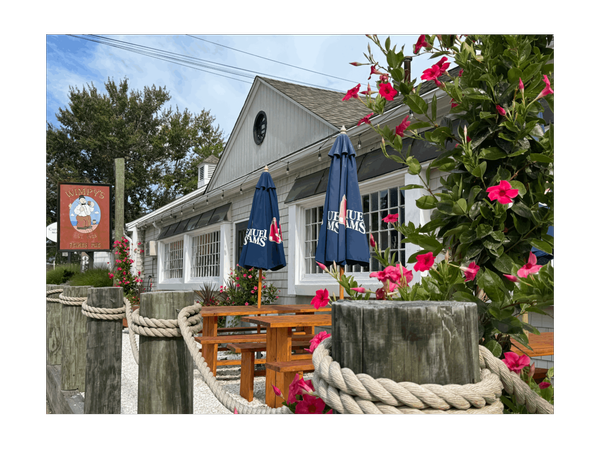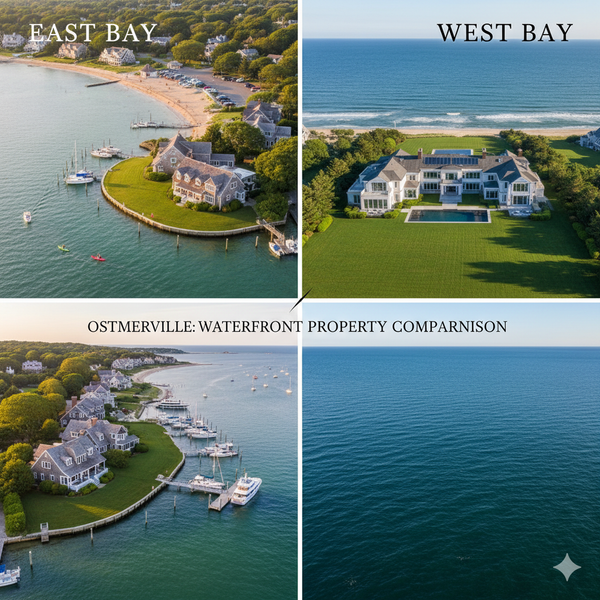Cape Cod Living Costs 2025: Complete Housing & Utilities Guide
Cape Cod's cost of living index reaches 131.5 in 2025, making it 31.5% more expensive than the national average with median home prices hitting $797,912. This comprehensive cost of living guide for Cape Cod breaks down real housing costs, utilities, groceries, and transportation expenses to help you budget for life in this coveted Massachusetts peninsula.
Overview: Cape Cod's Premium Price Tag
Cape Cod's overall cost of living index stands at 131.5, representing a 31.5% premium over the national average and exceeding even the Massachusetts state average of 127.5. This elevated cost stems from the region's limited land availability, tourism-driven economy, and high demand for both seasonal and year-round housing.
Housing: The Dominant Cost Factor
Housing dominates Cape Cod's cost structure with a staggering index of 192.9—nearly double the national average. This represents the single largest financial challenge facing prospective Cape Cod residents and requires careful planning and substantial financial resources.
Home Purchase Market
The median home price has reached $797,912 as of May 2025, requiring an annual household income of approximately $220,000 to afford comfortably using standard lending criteria. This creates a significant affordability gap, as the median household income in Barnstable County is only $94,452.
Rental Market Reality
The rental market presents equally challenging prospects. Monthly rental costs range from $1,800 to $3,500. Year-round rentals remain scarce and expensive due to intense competition from seasonal vacation rentals.
Property Taxes: Town-by-Town Variations
Property tax rates range from $3.47 per $1,000 in Chatham to $10.57 in Sandwich. Choosing a lower-tax town can save thousands annually.
Utilities and Energy
Electricity rates average 33 cents/kWh, among the highest in the nation. Monthly electricity bills often exceed $289. Additional utility expenses include heating, water, and internet with limited provider options driving up costs.
Grocery and Food Expenses
Grocery prices run 10.3% above national average. Residents often shop off-Cape to save. Dining out is notably more expensive during tourist season.
Transportation
Vehicle ownership is essential. Insurance ranges from $1,550–$2,066/year. Public transit is limited. Cape Cod's transportation index is 97.0, slightly below national average.
Healthcare
One of Cape Cod's few advantages. Healthcare costs are 6.7% below the national average. Cape Cod Hospital and Falmouth Hospital provide high-quality services.
Income and Employment
Barnstable County median household income is $94,452. MIT calculates $60,590/year as the minimum living wage for a single adult.
Tax Environment
Massachusetts has a flat 5% income tax. No local sales tax and Social Security income is exempt.
Regional Comparisons
- More affordable than: Boston, New York, San Francisco
- More expensive than: Dallas, Chicago
Strategies for Saving
- Live in lower tax towns like Chatham or Dennis
- Shop off-Cape for groceries
- Use Cape Light Compact for energy savings
- Apply for senior tax credits
Financial Planning Essentials
- Families: $150K+ household income
- Retirees: $70K+ (owning), more if renting
- Singles: $60K+ minimum for comfort
Final Thoughts
Cape Cod offers extraordinary quality of life, but requires honest financial planning. Understanding real costs is key to enjoying this coastal paradise year-round.
Categories
Recent Posts










GET MORE INFORMATION

